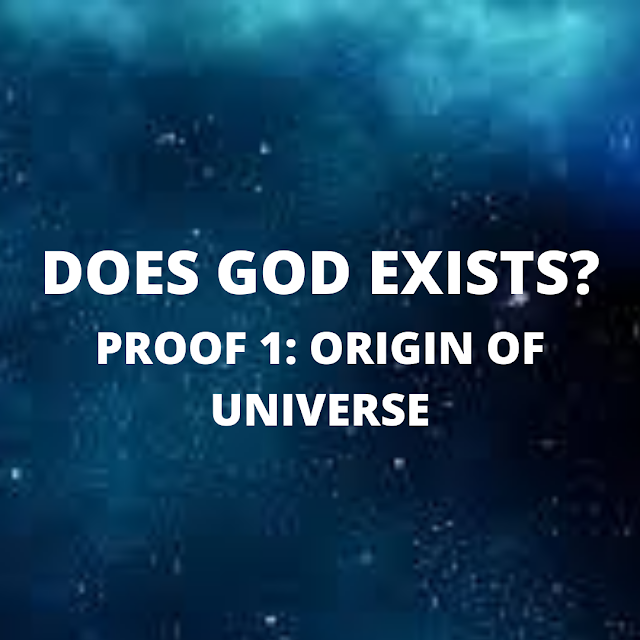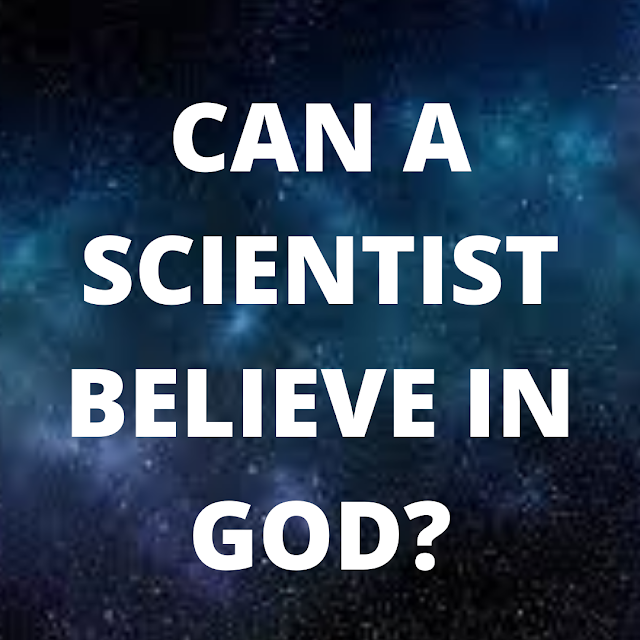Can Science Prove the Existence of God?
''I have no requirement for that speculation,'' Pierre-Simon Laplace broadly reacted when asked where God fit into his new cosmic hypothesis. Utilizing math and Newton's laws of gravity, he clarified the powers that kept the planets from continuously floating out of circle, giving some dependability to the close planetary system. Newton had figured the Great Engineer must advance in once in a while to correct the machine.
The hypothesis didn't clarify where the close planetary system originated from. Be that as it may, Laplace likewise had an answer. The planets, he proposed, had solidified from a whirling haze of gas and residue encompassing the sun.
O.K., so where did the sun and the mother cloud originate from? What's more, what set is the entire thing rotating?

At this point, researchers think they have even those answers, and they don't include the intercession of any Great Engineer. The general purpose of science for the last hardly any hundred years has been to clarify everything as far as a physical procedure, something that can be depicted by conditions.
The mission, in any case, is a long way from done. God, for the individuals who need to utilize that term, can be summoned to represent wonders that have not yet respected the logical technique. What is for some a definitive inquiry - Does God exist? - has gotten a matter of how much further the space of the obscure will proceed to contract, and in the event that it will at last dissipate.
The energy has been toward that path. The whirlpool of inestimable stuff that brought forth the nearby planetary group turns since it is one little piece of the extraordinary pivoting universe, the Milky Way. At the point when an arbitrary vacillation makes enough gas and residue bundle together, gravity dominates and heavenly bodies start to frame. In the event that you need to know where the worlds originated from, there are replies also. At last, everything comes down to the Big Bang.
That is the place the chain of thinking bottoms out. What caused the early stage blast? Now everything except a couple of researchers go with Wittgenstein (''of what we can't talk we should ignore peacefully'') or with Kierkegaard, indiscriminately going out on a limb the into the chasm of the obscure, picking what to accept.
Why there is something as opposed to nothing isn't an issue that science is well prepared to address. As cosmologists get it, the early stage emission didn't happen at a specific moment in a specific spot. The Big Bang made totally everything, including space-time itself. How might anybody ask what set the entire thing going if there was no space or time for a maker to be in, significantly less any issue or vitality for Him or Her or It to work with?
This fairly imposing snag doesn't forestall a couple of individuals, a portion of the researchers, from attempting to demonstrate or negate, the presence of a god. Practically any book or meeting on science and religion unavoidably incorporates what has become a magical set piece:
The different boundaries of the universe - the charge of the electron, the quality of gravity, etc - seem, by all accounts, to be finely tuned to help the presence of stars and particles and atoms and life. On the off chance that the conditions at the moment of the Big Bang had been marginally unique, the contention goes, at that point the universe (at any rate from an earthling's perspective) would have been a goliath waste time. So we are the fortunate supporters of visually impaired possibility, or life was arranged from the beginning - either by a Great Intender or by some physical or scientific or sensible law or procedure. Disregard the incomparable Wittgensteinian murmur and you feel the squeamish distress of a human brain pushed to the edge of what it is conceivable to know.

One hypothesis is that the Big Bang really generated an abundance of universes each arbitrarily invested with various states of being. Individuals, obviously, end up in one that is fit for supporting life.
''Universe'' used to mean everything that exists. To try and consider this new plan of things, the definition must be debilitated to ''everything that we can get data about.'' We are required to accept admission on trust - that there is something outside the universe. Should simply call it God.
Regardless of whether the multiverse hypothesis is more soothing than accepting that human presence results from a silly crapshoot or a sacred announcement involve taste, not science. For some scholars, it is additionally a selling out of the extraordinary exertion to clarify the laws of material science. Some despite everything want to discover ''hypothesis of the underlying states of the universe,'' a preeminent numerical law, covered up maybe in superstring hypothesis, demonstrating that the boundaries of creation could have been set distinctly with a particular goal in mind.
In any case, at that point they would need to discover a law to clarify where the law originated from . . . also, at last a clarification of why the universe is numerical and of where arithmetic originated from and what numbers are.
Like a touchy 8-year-old, we continue inquiring as to why, why, why, why. At long last, the appropriate response is either ''on the grounds that'' or ''for God made it so.'' Take your pick.
Post a Comment
If you have any doubt, then just comment down.